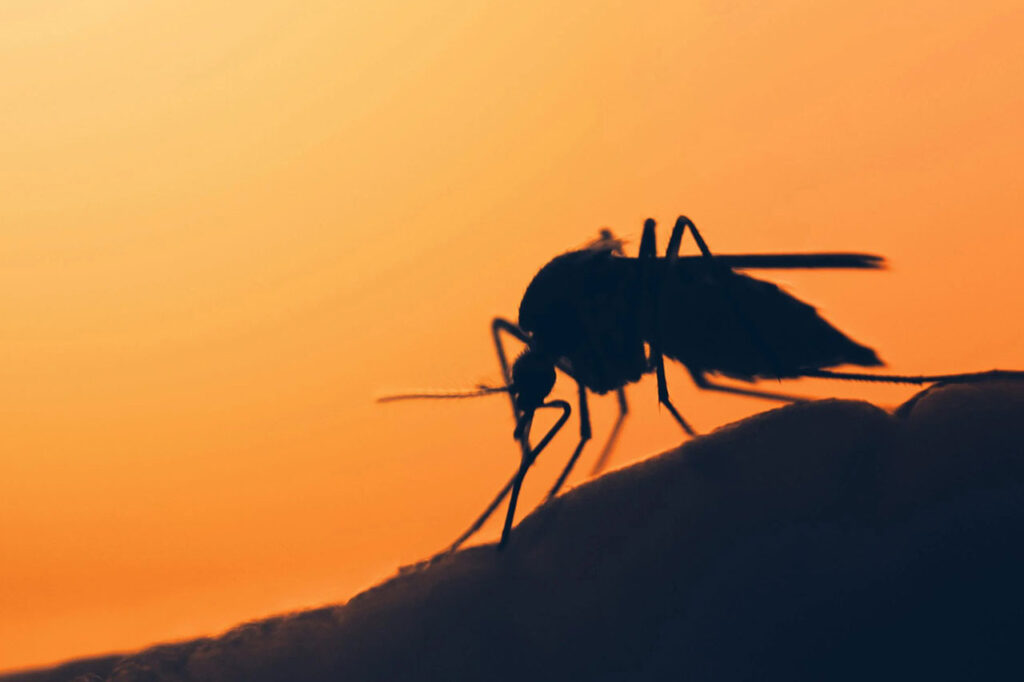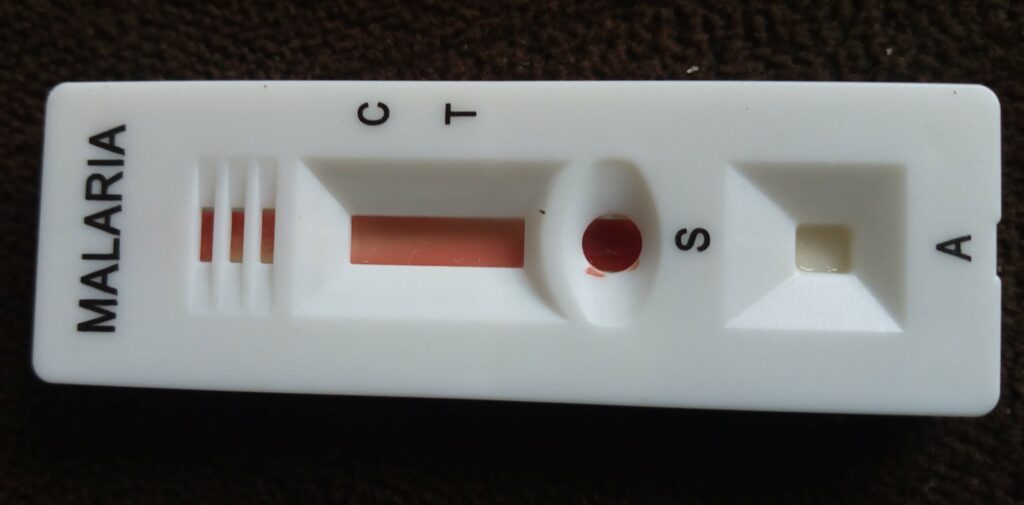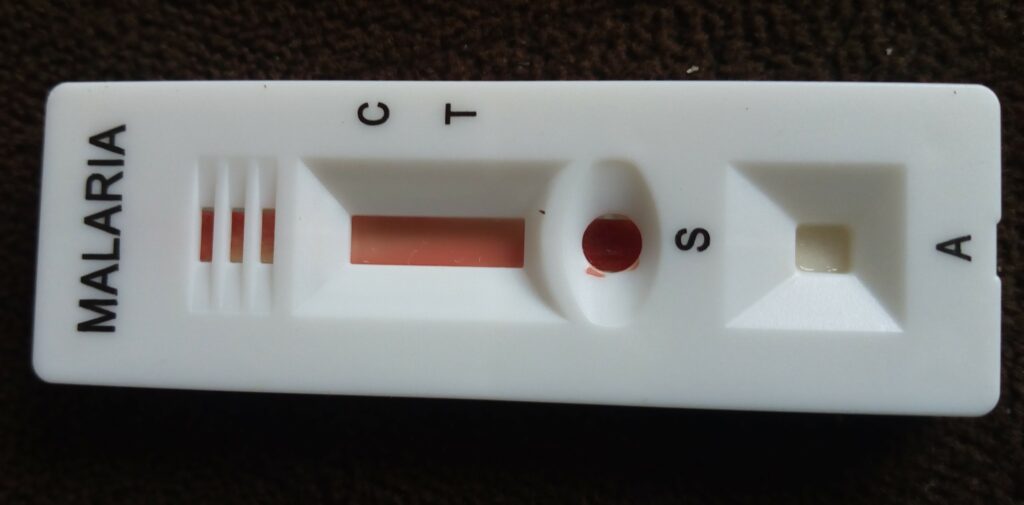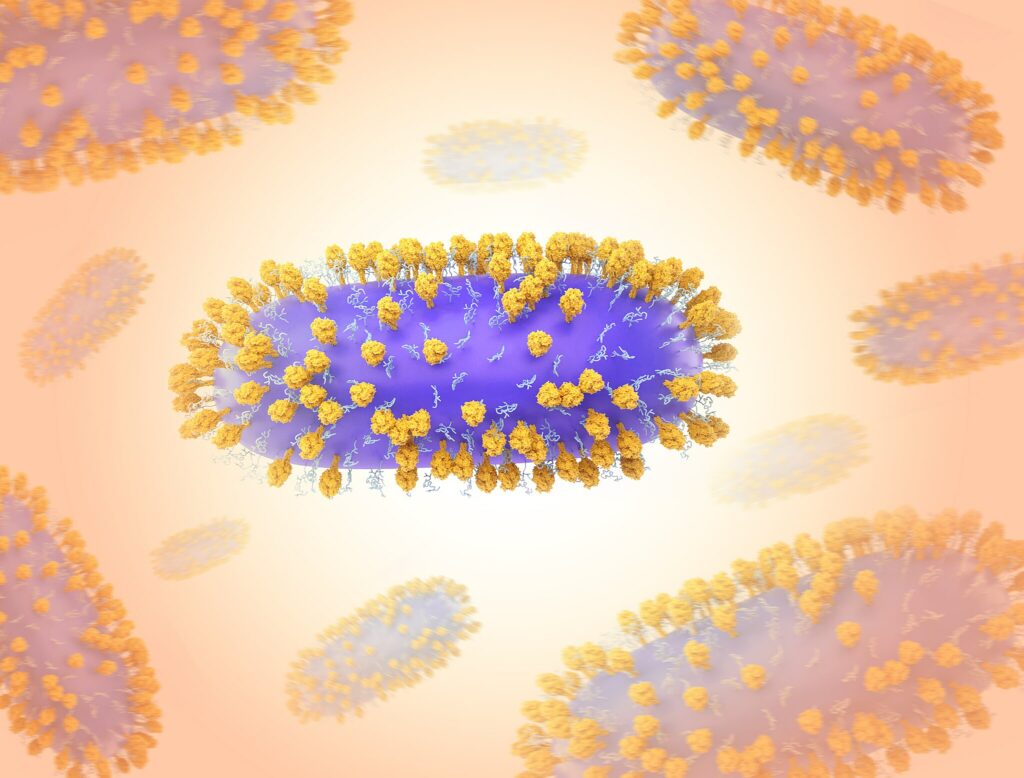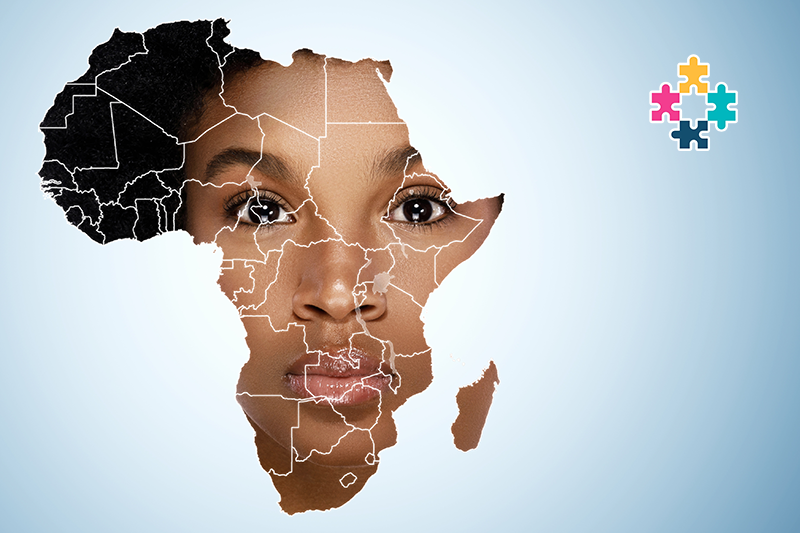Traces of poliovirus found in Gaza; The latest health stories from around the world
Article by Lalita Panicker, Consulting Editor, Views and Editor, Insight, Hindustan Times, New Delhi Children in the Gaza Strip are facing a grave new threat: paralysis by poliovirus. Traces of the virus, derived from vaccine using a live but weakened strain, have been found in six wastewater samples from two sites there, Gaza’s Ministry of […]
Traces of poliovirus found in Gaza; The latest health stories from around the world Read More »



